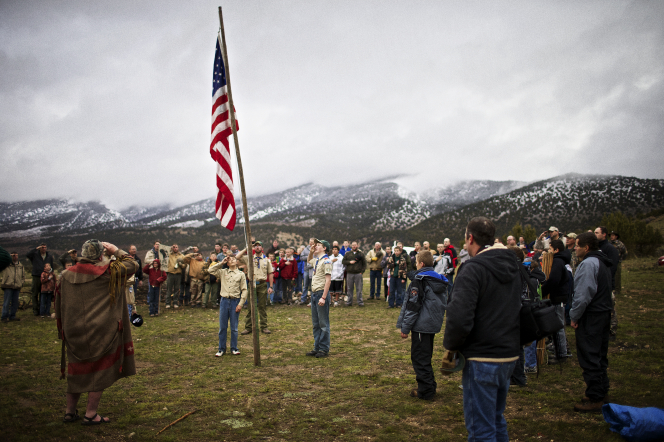By: Mormon Newsroom
Salt Lake City Utah, USA
From poverty to drug abuse to unemployment and other challenges, social problems include a variety of ills that damage society from the inside out. Our communities and churches cannot thrive if such problems are unknown or ignored. Of all groups, it is the religious — those motivated not just by a social conscience but also by a belief in the divinity of each person — who should be in the vanguard of lifting our neighbors’ burdens.
Interestingly, new Pew Research Center findings say the share of U.S. adults who think houses of worship contribute “not much” or “nothing” to solving important social problems has nearly doubled since 2001 (from 21 percent then to 39 percent today). Of those within the religious fold, 74 percent of weekly churchgoers say churches contribute “a great deal” or “some” to solving social problems, while 49 percent of those who attend less often agree.While Pew’s report focused on what some
think churches do, studies of what believers
saythey do (such as
this one) indicate faith is the strongest predictor of generosity, altruism, trust and civic involvement among Americans. So why this gap between the
perception of some and the
experience of others? How can this gap be bridged, and whose responsibility is it to do that?
In part, this Pew report could simply be a reflection of a growing unawareness of religion. After all, the ranks of the religiously unaffiliated continue to rise, creating a sizeable chunk of U.S. adults (nearly 25 percent) who are likely unaware of the day-to-day happenings inside churches. But we know this isn’t the only possible cause because Pew’s finding also show that not even all regular churchgoers think their houses of worship are solving social problems.
Another reason for this gap could be rooted in respondents’ understanding of survey terminology. In the words of Martin E. Marty of the University of Chicago Divinity School:
What does “solving social problems” mean? Are the big ones “solvable,” or are they only “addressable”? Who really pictures the epochal refugee crises of our day as being “solvable”? Or the destructive human issues in “climate change”? And are any religious institutions capable of addressing the issues on such a vast scene that it is fair to ask thus about them?
These are important questions that don’t have clear answers. But they are valuable because they temper the kneejerk lamentations of those worried that so many are unaware of the good churches do in society. It’s one thing for people to perceive houses of worship as nothing more than places of preaching, where the power of the word doesn’t motivate the heart to other-oriented action. It would be quite another thing if that perception reflected reality.Read More at: Mormon Newsroom
The following two tabs change content below.


